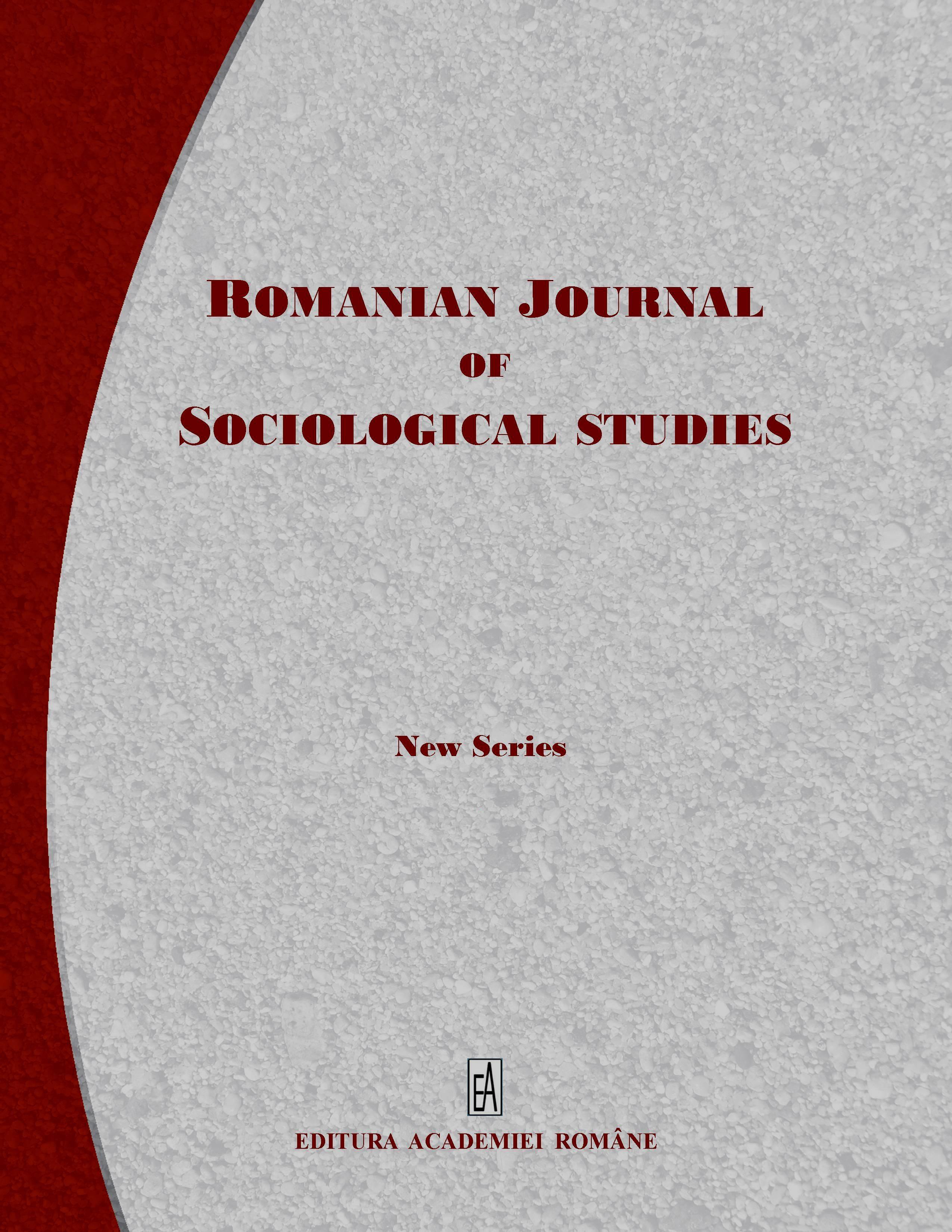THE DEVELOPMENT BLUES: THE TRIBE IS DEAD! LONG LIVE THE TRIBE
THE DEVELOPMENT BLUES: THE TRIBE IS DEAD! LONG LIVE THE TRIBE
Author(s): R. SIVA PRASADSubject(s): Sociology, Culture and social structure
Published by: Editura Academiei Române
Keywords: Globalisation; traditional knowledge; local knowledge; development;
Summary/Abstract: Globalisation has a negative bearing on the poor, be they the tribal people, Dalit, or women. Globalisation and economic liberalisation after 1990s in India have only accelerated the pace of displacement by taking over the productive resources of the poor in the name of development leading to livelihood crisis. Increasingly, the tribal communities are more adversely affected in terms of loss of culture, self-esteem, dignity, and identity. Tribes in India today are facing a serious crisis of their existence as a community, which was their strength in the context of adversity. Tribe as a community is on its way out. Tribal unity has been bartered for the globalisation and in its place, we now have the tribal as an individual who cannot be distinguished any more from his or her non-tribal counterparts. He or she now becomes defenceless against all odds. He or she no longer can expect his or her community to stand by him or her. This, no doubt, is leading to the death of tribe as a group, as a society and as a conception. In such an event we only can wish ‘Long live the tribal’ as an individual entity! Isn’t it paradoxical! We continue to study tribes as unit entities, which they are not any longer. The traditional knowledge of the tribes is no longer usable for eking out livelihoods and maintaining their ecological belongingness. We now argue that the tribal cannot be denied the fruits of development. We also know how bitter these fruits are to them. My paper deals with the contradictions of globalised and ‘liberalised’ world on tribe as unit and the tribal as individual entity caught in the cogwheel of mainstreaming. This paper is based on review of available literature on the subject, apart from the published research papers of the author.
Journal: Romanian Journal of Sociological Studies
- Issue Year: 2019
- Issue No: 2
- Page Range: 167-176
- Page Count: 10
- Language: English

